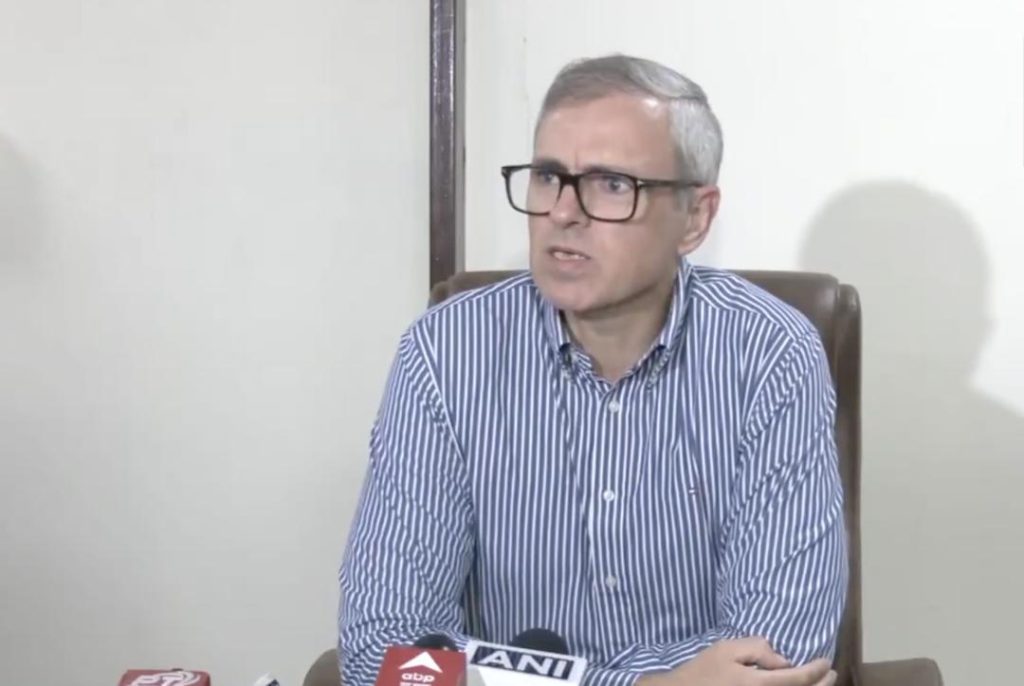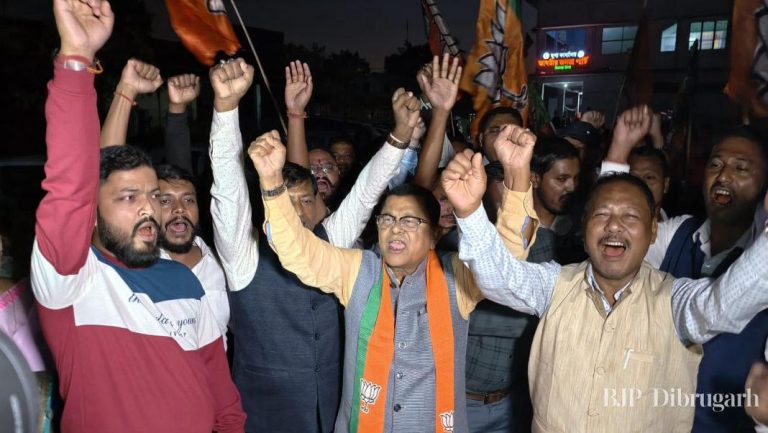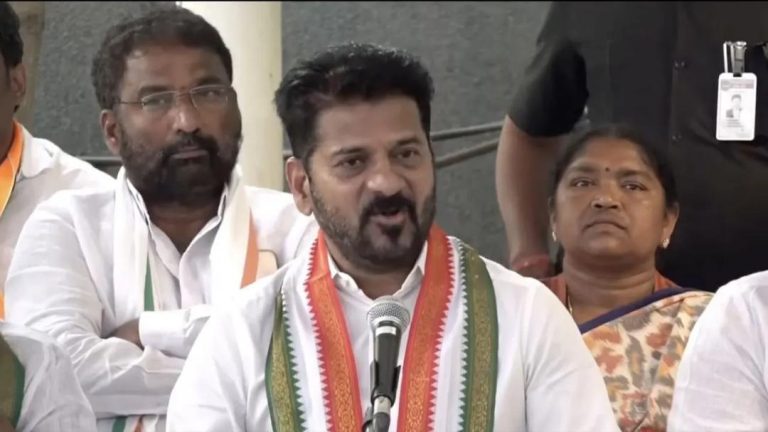
Why Should I Send Water to Punjab?: J&K CM on Canal Proposal
The debate around water distribution and sharing between states in India has been a contentious issue for a long time. Recently, the Chief Minister of Jammu and Kashmir, Omar Abdullah, raised eyebrows when he reacted to the proposal of constructing a 113 km-long canal to redirect surplus water from three western rivers of the Indus system in J&K to Punjab, Haryana, and Rajasthan. The proposal has sparked a heated discussion, with CM Abdullah questioning the need to send water to Punjab, citing the existing water distribution agreements under the Indus Waters Treaty.
Background
The Indus Waters Treaty, signed in 1960, is a bilateral agreement between India and Pakistan that governs the sharing of waters from the Indus Basin. The treaty allocated the waters of the Indus Basin, including the three western rivers of Jhelum, Chenab, and Sutlej, to India and Pakistan. The treaty ensures that Pakistan receives 20% of the total water available in the Indus Basin, while India retains the remaining 80%.
Despite the treaty, the issue of water sharing has remained a sensitive topic, with both countries accusing each other of violating the agreement. In recent years, the situation has become even more complicated due to the changing climate and increasing demands on water resources.
The Canal Proposal
The proposal to construct a 113 km-long canal to redirect surplus water from the three western rivers in J&K to Punjab, Haryana, and Rajasthan has been met with strong reactions from various quarters. The canal is intended to utilize the surplus water that is currently flowing into the Pakistan-occupied Kashmir (PoK) region, which is not being utilized.
While the proponents of the project argue that it will help to alleviate the water scarcity in the receiving states, CM Abdullah and many others have raised concerns about the feasibility and necessity of the project. CM Abdullah has questioned the need to send water to Punjab, pointing out that the state already receives a significant amount of water under the Indus Waters Treaty.
J&K CM’s Reaction
In a recent statement, CM Abdullah expressed his reservations about the canal proposal, saying, “Why should I send water to Punjab? Punjab already had water under the Indus Waters Treaty.” He also added, “Did they give us water when we needed it?” CM Abdullah’s comments have sparked a heated debate, with many questioning the fairness and logic of sending water to Punjab at the expense of J&K.
The Debate
The debate around the canal proposal has highlighted the complex issues surrounding water sharing in India. While some argue that the project is necessary to alleviate water scarcity in the receiving states, others argue that it is unfair to J&K, which is already facing its own water challenges.
Supporters of the project point out that the surplus water in the PoK region is not being utilized, and that the canal will help to reduce water wastage and generate hydroelectric power. They also argue that the project will help to improve the economic prospects of the receiving states, which are already facing significant challenges.
On the other hand, opponents of the project argue that J&K should not be forced to sacrifice its own water interests to benefit other states. They point out that J&K is already facing significant water challenges, including the depletion of its groundwater resources and the impact of climate change on its water supply.
Conclusion
The debate around the canal proposal highlights the complex and often contentious issues surrounding water sharing in India. While the proposal may have its benefits, it is clear that the issue is not as simple as it seems. The concerns raised by CM Abdullah and others highlight the need for a more nuanced and equitable approach to water sharing in India.
As the debate continues, it is essential to consider the long-term implications of the canal proposal on the water interests of J&K and the surrounding regions. It is also important to ensure that any agreement reached is fair, equitable, and takes into account the needs and concerns of all parties involved.
Source






